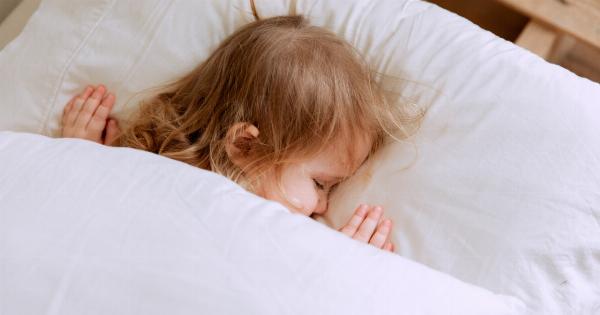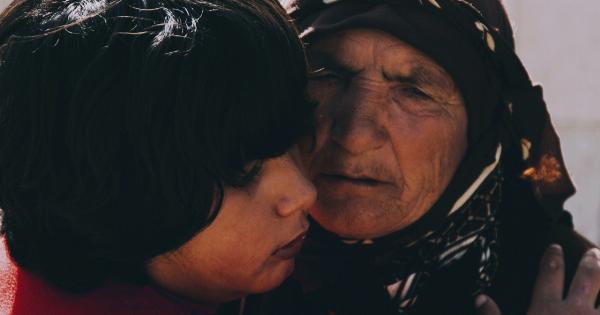As parents, it is our responsibility to ensure the well-being of our children. While physical health is often a top priority, mental health should not be neglected.
However, recognizing the signs that indicate your child might need mental health support can be challenging. In this article, we will discuss seven telltale signs that suggest your child may require professional assistance.
1. Noticeable changes in behavior
If you observe significant changes in your child’s behavior, it could be an indication of underlying mental health issues.
These changes may include extreme mood swings, withdrawal from social interactions, aggression, or frequent outbursts of anger. It is crucial to pay attention to such alterations and seek help if they persist.
2. Academic decline
An unexpected drop in academic performance can be a red flag for mental health problems. If your child’s grades start to decline, it might be a sign of difficulties concentrating, lack of motivation, or overwhelming anxiety.
Seeking professional support can help identify the root cause and provide appropriate interventions.
3. Persistent physical complaints
Children, especially younger ones, may express their emotional struggles through physical complaints. Frequent headaches, stomachaches, and other unexplained physical symptoms could be suggestive of anxiety, stress, or depression.
Consulting with a healthcare professional can help determine if there is an underlying mental health issue.
4. Changes in sleep patterns
Healthy sleep habits are vital for a child’s growth and development.
If you notice significant changes in your child’s sleep patterns, such as difficulty falling asleep, frequent nightmares, or excessive sleepiness during the day, it could be an indication of mental health concerns. Seeking professional guidance can assist in addressing and resolving these sleep disturbances.
5. Social withdrawal
If your once socially active and outgoing child begins to withdraw from friends, family, and activities they once enjoyed, it could be a sign of mental health challenges.
Social withdrawal may indicate feelings of sadness, low self-esteem, or social anxiety. Encouraging open communication and seeking professional help can support your child in overcoming these difficulties.
6. Drastic changes in appetite
Significant changes in appetite, such as sudden weight loss or gain, can be indicative of mental health issues. Emotional distress can affect a child’s relationship with food and lead to disordered eating patterns.
Seeking help from a healthcare professional or a mental health specialist can address these concerns and provide appropriate intervention strategies.
7. Persistent feelings of sadness or hopelessness
Children may experience occasional sadness or mood swings, which are a normal part of their emotional development.
However, if your child consistently displays a prolonged and pervasive sense of sadness, hopelessness, or a loss of interest in previously enjoyed activities, it may be indicative of depression. Professional support is crucial in managing and treating these symptoms to prevent further deterioration.
Conclusion
Recognizing and addressing mental health challenges in children is essential for their overall well-being.
By actively observing their behavior and seeking professional support when necessary, we can help our children navigate these difficulties and provide them with the necessary tools to lead a healthy and fulfilling life.


















